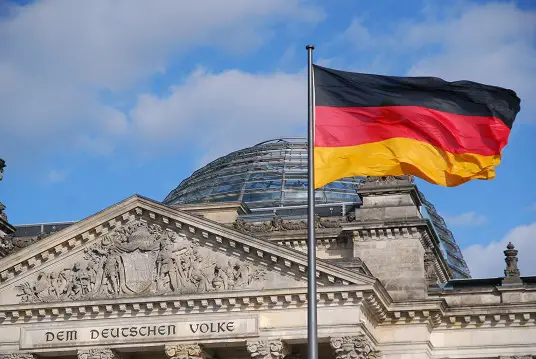On Wednesday, Germany’s Federal Statistical Office (Destatis), reported that the inflation rate increased 8.7% annually in January, and 1% month over month.
The data confirmed provisional results which showed consumer prices, harmonized for comparison to other European countries, rose by 9.2% year over year, and by 0.5% compared with December.
Ruth Brand, the President of Destatis said, “Following a slowdown at the end of last year, the inflation rate thus remains at a high level. We are observing price rises for many goods and, to an increasing degree, also for services. Households paid higher prices in particular for energy and food also in January.”
Energy products rose 23.1% in January in annual terms despite efforts by the government to offer relief through subsidies and other measures, according to the report. Household energy prices were up 36.5% on the year, continuing a trend of households being hit particularly hard by inflation, according to Destatis.
Food prices were up 20.2% year over year for January, according to the report, which noted, “The rate of food price increase thus was more than twice the overall inflation rate again.”
The prices of services were up 4.5% for January, compared to the previous year. The maintenance and repair of dwellings was up 16.9%, while catering services in restaurants, cafes, and similar were up 10.9%.
Germany was particularly hard hit by inflation last year after energy prices skyrocketed following the drop in deliveries of natural gas from Russia. Western sanctions over the war in Ukraine impacted the maintenance, and led to the ultimate sabotage, of the Nord Stream pipeline, causing the reduction in deliveries.
Economy Minister Robert Habeck has predicted that although Germany will avoid a sharp economic decline, it will enter a technical recession this year.


